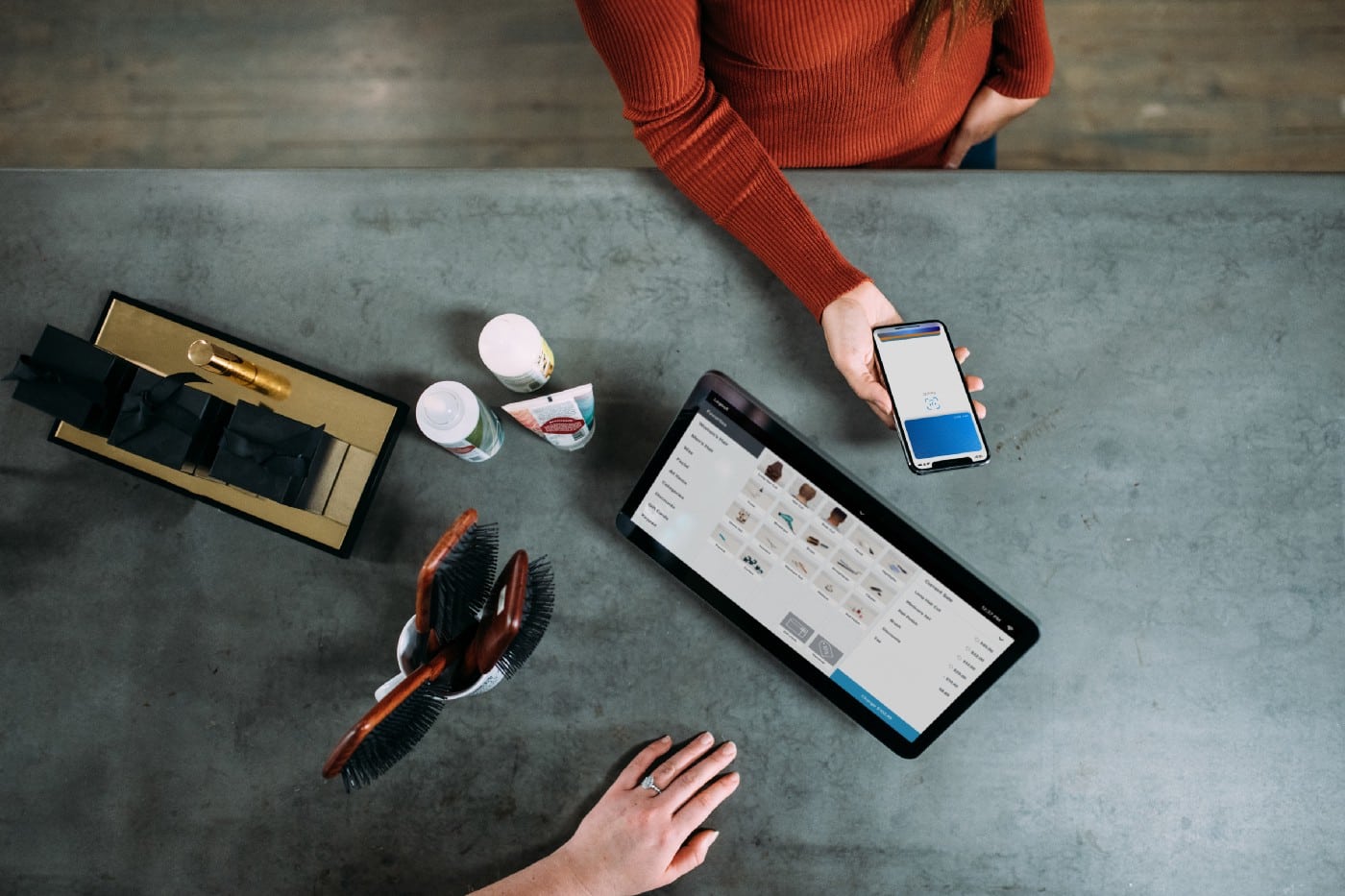Did you know that if you spent $5,000 now that you could have otherwise put in a 10% compounding investment, it would cost you over $3,000 in five years?
That’s right; it’s not too early to start thinking about how you spend your monthly paycheck.
According to recent statistics by Debt.com, only about 30% of Americans have a long-term financial plan that includes savings and investment goals, with about 49% of Americans concerned, anxious, or fearful about their current financial well-being.
Sadly, the figures are not any better in other parts of the world.
In this article, I have prepared seven valuable tips you should pick up right now to help you spend your money better in your 20s.
1. Spend Money on Things That Will Give You Good Resale Value

One of the best spending habits you can adopt now is to look at the value of everything you buy.
While you’ll inevitably buy stuff you can’t resell at a good bargain, you want to make sure you mostly buy things that you can quickly flip later if you need to.
So, avoid things that depreciate significantly — like a new car and anything that’s generally hard to re-sell.
You’ll actually getter better value and suffer less depreciation with a well-maintained used car.
2. Make Investments in Yourself That Make You More Money
Tired of the same old advice of “invest in yourself”?
While common, it’s one of the most valuable pieces of advice you should implement in your 20s.
Invest in yourself in ways that will make you more money.
Want to be a better investor? Grab the Intelligent Investor by Benjamin Graham.
Want to sharpen your business skills? My favourites are The E-Myth Revisited by Michael E. Gerber and The Hard Thing About Hard Things by Ben Horowitz.
If you’re not sure how to go about investing in yourself, I recommend reading great books like I Will Teach You to Be Richby Ramit Sethiand The Millionaire Fastlane by M. J. DeMarco, to mention a few.
3. Buy Things That Don’t Cost You a lot to Use

If you’re prudent with money, you probably scrutinize the price of something before making a buying decision.
But, have you ever thought about the cost of usage?
A good example is buying an expensive car brand, like BMW over say, Honda or Toyota.
You’ll be spending more on maintenance and even fuel with a luxury car than a budget car.
If you’re not careful, even cheap things may end up costing you a lot more along their usage lifecycle.
Save yourself unnecessary future spending by going for something that won’t cost you way too much in usage.
4. Buy Exchange-Traded Funds to Build Your Nest Egg
Want to spend your money better?
How about buying investments that appreciate and build your wealth over time?
I’m talking about purchasing exchange-traded funds (a.k.a. ETFs), which are basically indexes that track a basket of stocks, bonds, commodities, or other assets.
ETFs trade like stocks, but they come with much lower costs. They also offer better portfolio diversification and more tax efficiency.
5. Get a Credit Card and Start Building Your Score

Photo by Pickawood on Unsplash
Cultivating a good credit score should be at the top of your financial goals in your 20s.
Good credit not only qualifies you for lower interest rates but also comes in handy when you want to rent an apartment, apply for a mortgage, or get a loan from the bank.
A good credit score usually comes from a largely unutilized credit and a low credit utilization rate.
So, to build your credit score, get yourself a credit card to get your credit and start (consciously) spending on it.
Also, apply for a larger credit for your credit cards once in a while (I like to do that at least once a year), in order to lower your credit utilization and therefore improve your credit score.
Of course, you should not increase your spending just because you have now got a larger credit because otherwise, you would have defeated the purpose.
Also, make sure you’re making your repayments on time because late payments can hurt your credit score.
6. Pay Off Your Debts as Much as Possible
Taking on debt comes at a cost. And, the longer you stay in debt, the more you will end up paying.
So, one thing I insist on for anyone in their 20s is to focus on paying off debts as much as possible, especially those with high interests.
Instead of making minimum repayments, come up with a realistic plan to help you get out of debt.
The faster you do, the more money you will free up for saving and investing later.
7. Save on Your Housing

Housing costs account for the biggest chunk of most people’s monthly expenses.
But that doesn’t mean that you have to spend a fortune on rent or mortgage.
If you’re spending more than 30% of your total income, it’s probably time you re-assessed your housing situation.
You could save a lot of money in the long run by shifting to a much more affordable apartment.
Or you can get creative and take in a roommate to share the costs.
I hope this article gives you some ideas on how to better manage your finance. Personally, I think these tips are useful to people who are not only in their 20s, but of all ages.
If you want to learn more about how to reclaim your emotional, spiritual and financial sovereignty, be sure to check out my pages / YouTube channel.

Recent Comments